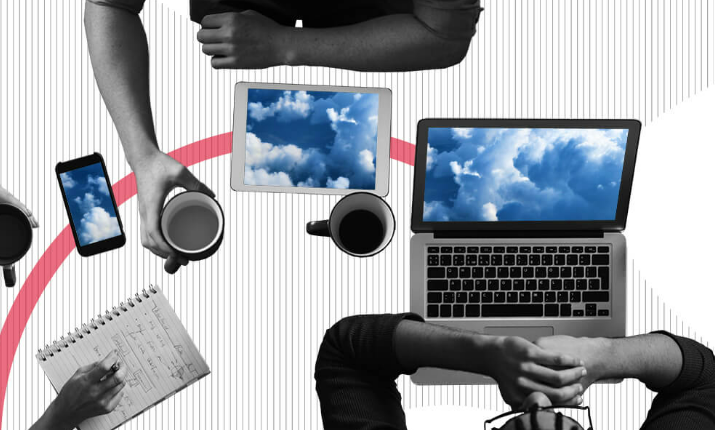Advanced HRTech tools like AI-powered scheduling assistants can automate meeting arrangements, shift scheduling, and calendar management. These tools can analyze employees’ calendars, suggest optimal meeting times, and send automated reminders, reducing the time spent on coordination. For instance, tools such as Google Calendar with integrated AI features can propose the best times for meetings based on participants’ availability and past scheduling patterns.
HRTech tools such as Asana, Trello, and Monday.com offer robust project management features that help prioritize tasks and projects. These tools enable users to create task lists, set deadlines, assign responsibilities, and track progress. With visual aids like Kanban boards and Gantt charts, employees can easily visualize their workload and prioritize tasks effectively, ensuring that critical tasks are completed on time.
Time tracking tools, such as Toggl and Time Doctor, provide detailed insights into how employees spend their time. These tools can track the duration of tasks, monitor productivity levels, and identify time-wasting activities. By analyzing this data, employees can adjust their work habits to focus on high-priority tasks and minimize distractions, ultimately improving overall productivity.
Effective communication is vital for time management. HRTech tools like Slack, Microsoft Teams, and Zoom facilitate real-time communication and collaboration among team members, regardless of their location. These platforms offer features such as instant messaging, video conferencing, and file sharing, which reduce the time spent on back-and-forth emails and improve the efficiency of team interactions.
HRTech tools can automate repetitive and time-consuming tasks, freeing up employees to focus on more strategic activities. Workflow automation tools like Zapier and Microsoft Power Automate can integrate with various HR systems to automate processes such as onboarding, payroll, and performance evaluations. This automation reduces manual effort and ensures that tasks are completed accurately and on time.
Employee well-being directly impacts productivity and time management. HRTech tools like wellness apps and employee assistance programs (EAPs) support employees in managing stress, maintaining work-life balance, and staying healthy. These tools offer features such as mental health resources, fitness tracking, and stress management programs, helping employees stay focused and productive.

